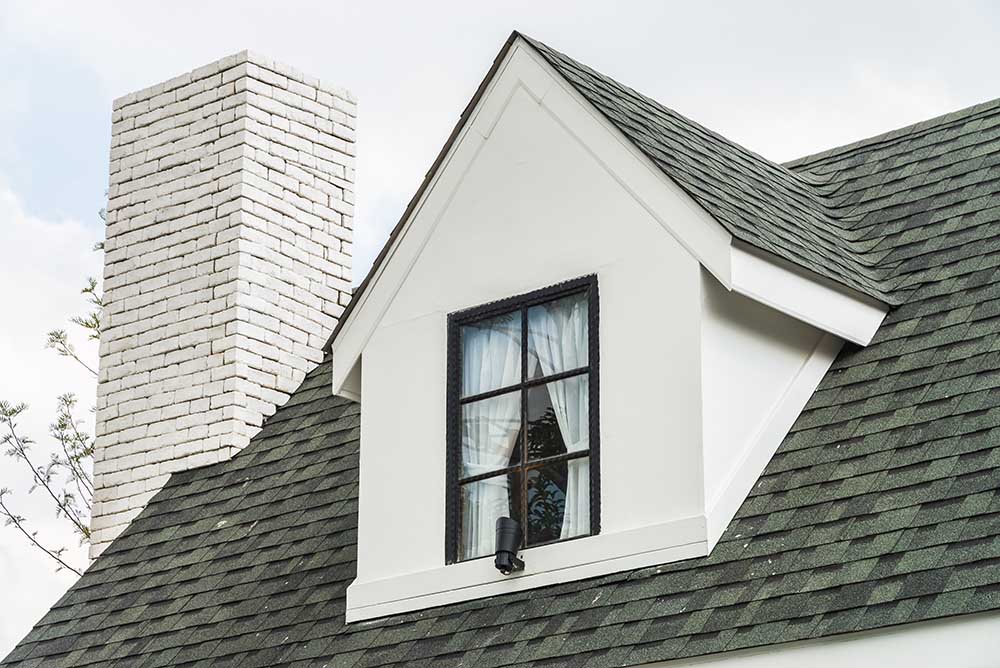
30 Mar Does Homeowners Insurance Cover Roof Replacement?
Homeowners Insurance Cover Roof Replacement?
Homeowners’ insurance typically will cover roof replacement should the damage be a result of an external, sudden event. For example, if you live in the Michigan area, occasionally there will be a succession of winter storms that include ice, heavy wet snow followed up by warmer temps, lots of rain and melting that will pose serious threats to your home’s roof and basement.
The coverage that is often included in a standard homeowner’s policy can potentially alleviate the financial burden of an unexpected roofing catastrophe.
Below are some typical reasons why homeowners insurance would cover roof replacements:
- Natural disasters, such as hurricanes, tornadoes, and hail storms, have great potential to cause significant destruction to an unprotected roof.
- Fire is another common reason for roof replacement and is often covered by an insurance policy.
- Heavy snow and ice accumulation can cause structural damage to a roof, making it necessary to replace the entire structure.
- Tree branches or other debris can cause damage to a roof if not removed in a timely manner.
- Strong winds can cause shingles or tiles to become loose or displaced, making it necessary to replace the roof.
- Vandalism is an unfortunate reality, and insurance can help cover the cost of replacing a roof that has been damaged by malicious acts.
- Electrical storms can cause lightning to strike a roof, leading to severe damage that requires replacement.
- Pests, such as squirrels, raccoons, and termites, may damage a roof to the point of needing to be replaced.
- Poor workmanship or shoddy materials can lead to a roof that needs to be replaced sooner than expected.
- Roofs that are more than fifteen years old may need to be replaced due to age and wear and tear.
In most cases, a standard homeowners insurance policy will cover roof replacement due to any of these above-mentioned reasons. However, it is vital to contact your insurance provider to determine the exact details and limits of your policy.
And should you find that your roof has fallen victim to a disaster, you can rest assured knowing that your insurance will help cover the cost of a replacement. Remember to contact a professional contractor who specializes in keeping the water out from top to bottom before trying to do it yourself.
How does a new roof affect home insurance?
A new roof can have a significant effect on home insurance rates. Insurance companies consider the age and condition of a roof when calculating rates, as older roofs can be more susceptible to damage and wear and tear. This can lead to increased costs and more frequent roof replacements.
If a roof is 20 years old or more, some insurance companies may require an inspection before offering coverage. This is to ensure the roof is still in good condition and that any potential issues are identified. If the inspection reveals any issues, the insurance company may require the roof to be replaced before offering coverage.
A newer roof can be beneficial in several ways. Not only will it provide increased protection against the elements, but it can also be beneficial to home insurance rates. Insurance companies typically offer lower rates for homes with newer roofs, as they are less likely to experience damage or require replacement.
In addition, a newer roof can increase the overall value of your home. A roof in good condition will be more attractive to potential buyers and can increase the return on investment for both the seller and buyer.
When considering a new roof, it is essential to contact your insurance provider to ensure you are getting the best rate. It is also advantageous to do your research and select a reputable contractor who can provide quality materials and workmanship. A good roof is an investment that will last for decades, so it is so worth the effort to make sure it’s done correctly the first time.
Is it OK for a contractor to waive my deductible?
It is absolutely 100% illegal for a contractor to waive a deductible or help you avoid paying it! Here are five reasons why it is imperative to adhere to this law:
- Waiving a deductible is against the terms of your home insurance policy. Your policy is a legally binding agreement, and as such, you are obligated to pay the deductible as outlined in the policy.
- A deductible is intended to cover the costs of repairs or replacement associated with a covered event. Therefore, if a contractor waives your deductible, they are essentially covering the repairs or replacement costs, which is not allowed.
- By waiving your deductible, a contractor is essentially acting as an insurer, which is illegal.
- A contractor who waives your deductible is essentially taking away your right to file a claim with your insurer. This could lead to problems when getting reimbursement for any damage or loss.
- Waiving a deductible can also lead to complications when filing taxes. For example, if a contractor waives your deductible, they may not be willing to provide documentation of the payment to the IRS, leading to tax issues.
It is crucial to have an understanding of the terms in your home insurance policy and adhere to them. If a contractor offers to waive your deductible, it is important to decline the offer and remind them that it is illegal to do so. Paying the deductible as outlined in your policy is the only way to ensure that your claim is handled properly.
Are roof repairs tax deductible?
When it comes to home improvements, such as replacing a roof, it is important to note that the cost is not tax deductible in the year the money is spent. However, the repair cost can be considered when filing taxes in the year of sale. Keeping track of all expenses and documentation is key to taking advantage of any available deductions or credits.
For example, if you spend $5,000 to repair your roof and then sell your home for $100,000, you would be able to deduct $5,000 from your taxable income. This can help to reduce the taxes owed when filing for the year of sale.
It is essential to keep track of all home improvement expenses, as well as receipts and other documentation. This will ensure that you can take advantage of any deductions when it comes time to file taxes.
In addition, there may be other tax incentives available for home improvements. For example, depending on the improvement type, credits or deductions may be available. Therefore, researching potential tax incentives before beginning a home improvement project is essential.
Does homeowners insurance cover roof replacement?
Homeowner’s insurance typically covers roof replacement if the damage results from an external, sudden event. It is important to contact your insurance provider to determine the exact details and limits of your policy and a reputable contractor to complete the project in a timely and effective manner.


No Comments